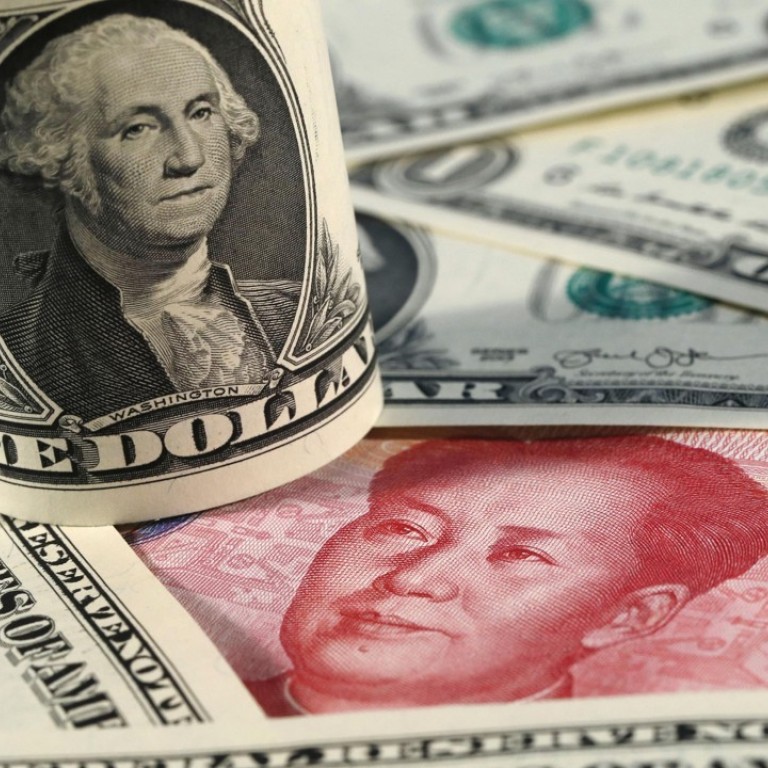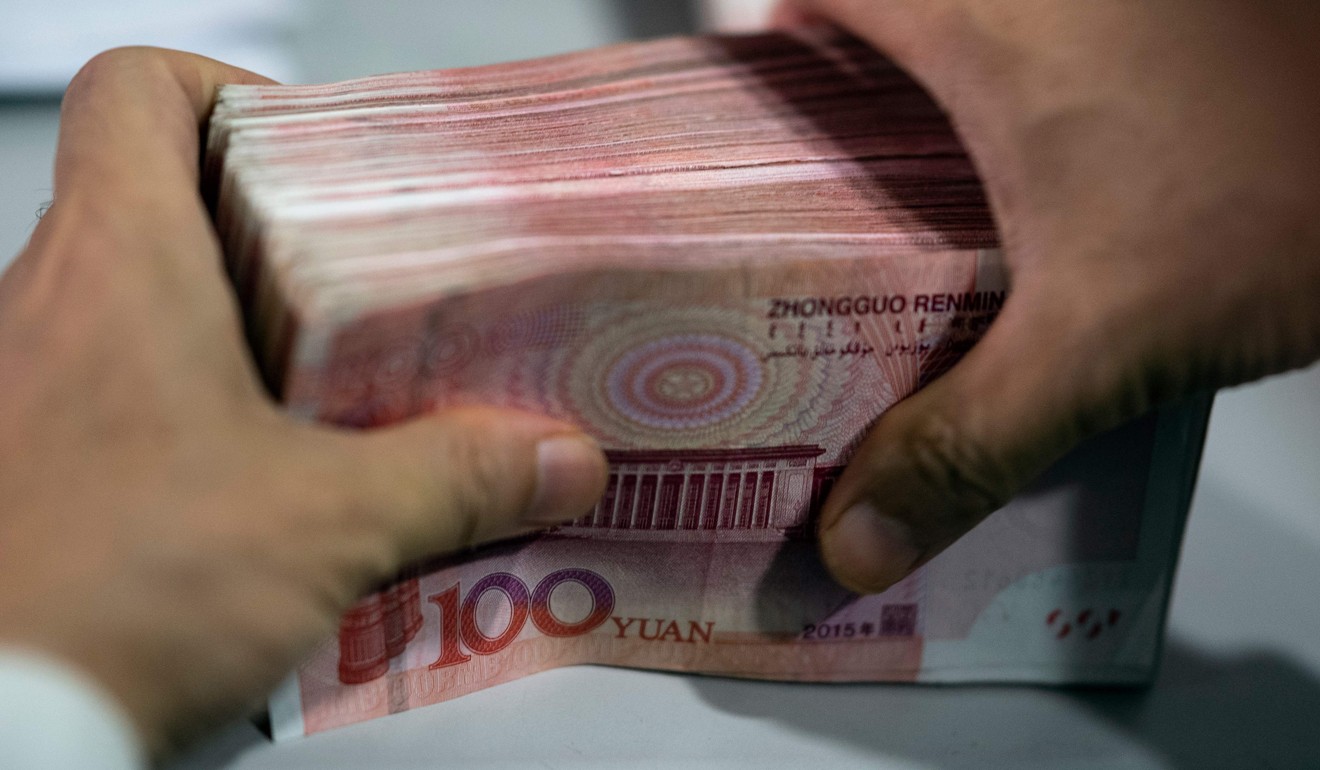
US trade war could trigger further yuan depreciation against dollar and greater capital outflows, economist warns
‘Disturbing factors’ in financial markets and trade dispute could hit Chinese currency, according to former central bank adviser Yu Yongding
China should be prepared for a new round of capital outflows and currency depreciation when bracing for the impact of the trade war with the US and other disturbances to the financial markets, a prominent economist warned on Saturday.
Yu Yongding, a senior researcher with the Chinese Academy of Social Sciences and a former adviser to the People’s Bank of China, said “some disturbing factors” had emerged in the Chinese financial markets, such as the wave of peer-to-peer lending defaults or concerns about a property bubble and an economic slowdown in the second half of the year.
The trade war with the US will have a negative impact on China’s economy and market sentiment, as will the impact of interest rate increases in the US and the financial crisis in emerging markets, Yu told a financial forum in northeastern province of Heilongjiang. A link to the transcript was posted on the forum’s official website.
Beijing blames trade war on US fears over ‘unprecedented opponent’
The lira, which fell 16 per cent against the US dollar on Friday, also took its toll on the European financial markets, weakening the euro and rouble.
“There have been discussions among investment bankers whether there would be a repeat of the Asian Financial Crisis. The so-called herd effect [like that] in the [1997] Asian financial crisis may affect China,” he said.
Taking those factors together, Yu warned that the yuan exchange rate “would face downward pressure which may reinforce the depreciation expectations”.
“I think maybe we should be prepared for a new round of capital outflow and yuan deprecation. This may not happen, but we should prevent the problems before they happen,” he said.
Saturday marked the third anniversary of the central bank’s decision to allow freer fluctuation of the yuan against the US dollar and other currencies.
Man who took on China’s Trump consensus enjoys moment in sun
The central bank engineered a depreciation of 2 per cent in consecutive three days starting on August 11, 2015, but insufficient communications with the market players triggered panic and led to continuous capital outflows amid fears of an economic slowdown.
Yu suggest the authorities check “carefully” any possible channels or loopholes for huge capital outflows and also prevent digital currencies from being leveraged as a new tool for the capital exodus.
“The government has done quite well and is very sophisticated in managing cross-border capital flow,” said Yu.
The central bank said in its quarterly monetary policy report on Friday that China would not use currency devaluation as a defensive weapon to counter the turmoil of the US trade war.
The central bank also warned that the trade war would hit exports and possibly market sentiment and could exacerbate turbulence in the financial markets.

The yuan depreciated 5.0 per cent against the US dollar in the second quarter, reversing a strengthening of 3.9 per cent in the first three months, the central bank said.
Amid the ongoing trade tensions and slower economic growth, the Chinese currency has continued to test the key 7.0 level against the US dollar since last month when it saw a strong wave of depreciation.
Last week the central bank moved to raise the costs of foreign exchange speculation to prevent the yuan’s further sliding.
But Yu said it was “irrational that everyone is obsessed with a particular number” and said there was no difference whether the dollar exchange rate was 7 or 6.9.
“It seems the central bank could send a signal to the market that it is not its goal to defend the yuan above 7 against the dollar” said Yu, who ruled out the likelihood of a massive depreciation of the yuan.
He suggested the People’s Bank should improve its communications with the market to appease market sentiment but continue to refrain from regular market intervention.

